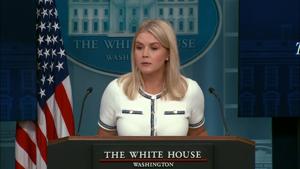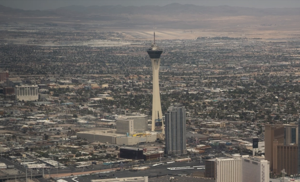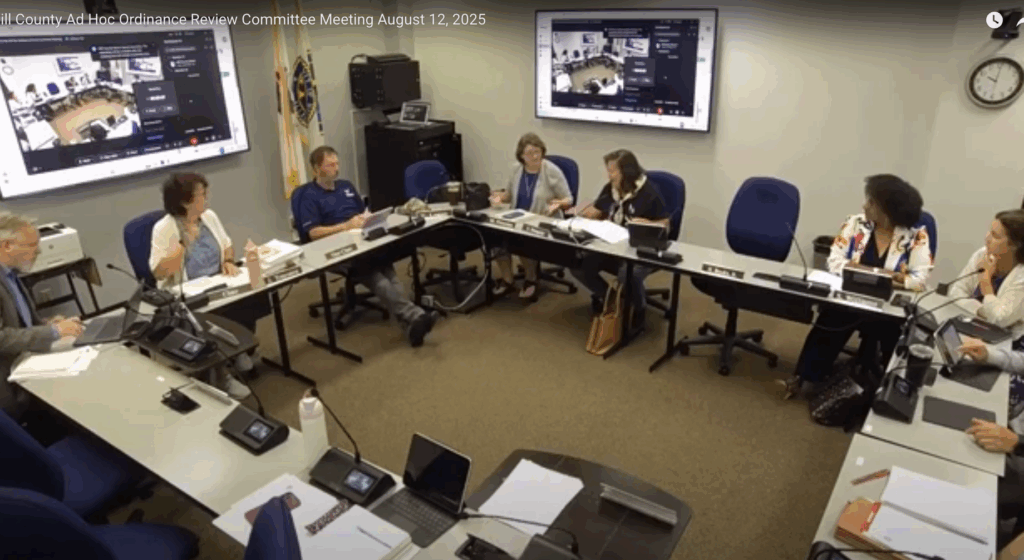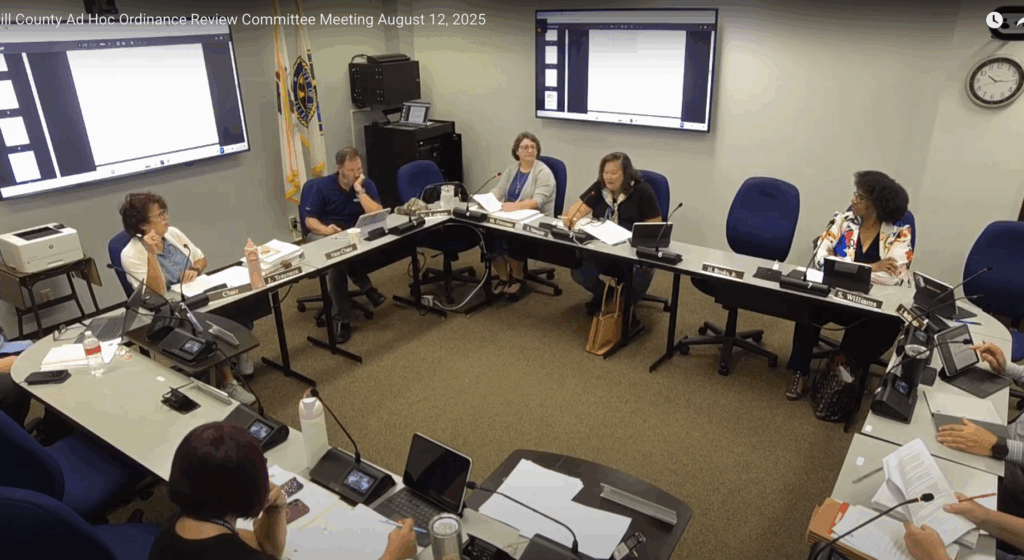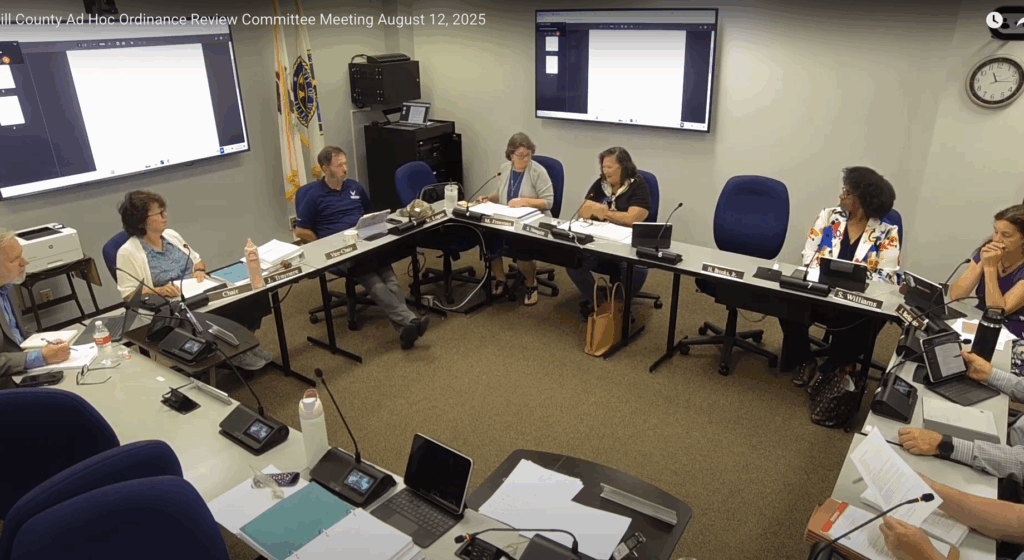
High superintendent pay fuels debate over Illinois school consolidation
(The Center Square) – A new Illinois Policy Institute report reignites debate over how schools are run and how much top administrators are paid, but one national education expert warns district consolidation could make things worse, not better.
The report shows the 10 highest-paid superintendents in Illinois earned over $4.2 million in 2024, with many overseeing only one or two schools.
Nearly half of the state’s 866 districts serve fewer than three schools, a structure the institute says drives up administrative costs and taxes.
But education policy expert Tony Kinnett, a former teacher and administrator, says Illinois may be missing the mark.
“While I understand the desire to consolidate and shift a larger number of students and buildings under one larger superintendent salary, that is not a panacea for fixing education practices,” Kinnett told The Center Square. “And in the particular case of Illinois schools, it wouldn’t actually improve student outcomes just by consolidating districts under a unitary measure.”
House Bill 2966, signed Aug. 15, allows the State Board of Education to fund district reorganization studies.
Illinois Policy’s data show big pay gaps with little correlation to results.
Rich Township’s superintendent earned $423,000 in 2024 while just 10% of students read proficiently and 4% met math standards. At Stevenson High in Lincolnshire, the superintendent made $387,000 with over 70% proficiency in both subjects.
Chicago Public Schools CEO Pedro Martinez, overseeing 600 schools and 300,000 students, ranked 19th in pay. In 2024, 30.5% of CPS students in grades 3-8 met reading proficiency standards on the state exam.
Illinois Policy justifies its call for consolidation by noting that, “without a consistent compensation” system for superintendents, their hefty salaries ultimately “burden taxpayers, students and teachers alike.”
Supporters of district consolidation say merging administrations could reduce these high costs and redirect funds to classrooms, noting that Illinois has the highest property taxes in the nation while other states with larger districts spend less on administration.
Kinnett said bureaucracy, not district size, is the problem.
“As someone who both taught and later served as an administrator in the smallest and largest school districts in the state of Indiana, and have advised on a number of school board audits around the country, I can say that consolidation and deconsolidation are often just maneuvers used to shift problems that are growing or already present in a district,” said Kinnett.
Kinnett suggested that Illinois would benefit more from breaking school districts into independent, charter-style systems similar to Louisiana’s model.
“I was the science director over multiple schools in the Indianapolis Public School system, a role created to manage a large number of high schools, middle schools, and elementary schools all operating under one unified district,” said Kinnett.
While both Kinnett and the Illinois Policy Institute agree Illinois spends too much on administration and too little on students, they sharply differ on solutions. Kinnett’s prescription is choice and decentralization, not consolidation.
“Consolidation doesn’t necessarily assist in general bloat. You just move some superintendent salaries among new administrative staff members,” said Kinnet. “It’s a decent idea, but I very much disagree with the Illinois Policy’s assertion that consolidation is a great measure and always improves performance. I think that’s a blanket sweep that may sound nice to get a point across, but I very much doubt that’s the best solution here.”
Latest News Stories
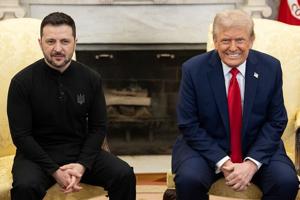
Trump, Zelenskyy to meet Monday in steps toward peace with Russia
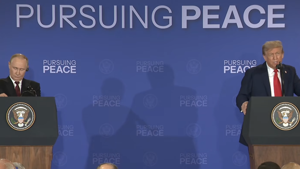
Possible ‘agreement’ reached in Trump-Putin meeting; more discussion likely

WATCH: Gun rights supporters celebrate 9th Circuit’s ruling against CA gun rationing law

Feds sue California over emission standards for trucks
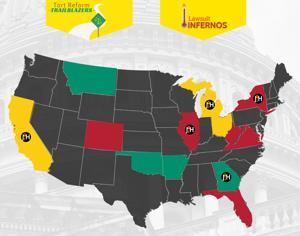
Illinois quick hits: ‘Lawsuit inferno’ bill takes effect after Pritzker signed 267 measures Friday

WATCH: UW-authored study on surgery times contradicts CMS basis for reimbursement cuts
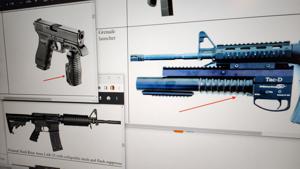
State defends gun ban district court ruled unconstitutional
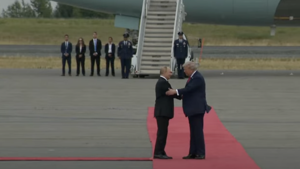
Trump aiming for ceasefire, world awaiting news from Putin summit
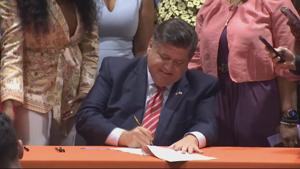
Pritzker acts upon 269 bills, vetoes 2, signs ‘lawsuit inferno’ measure
